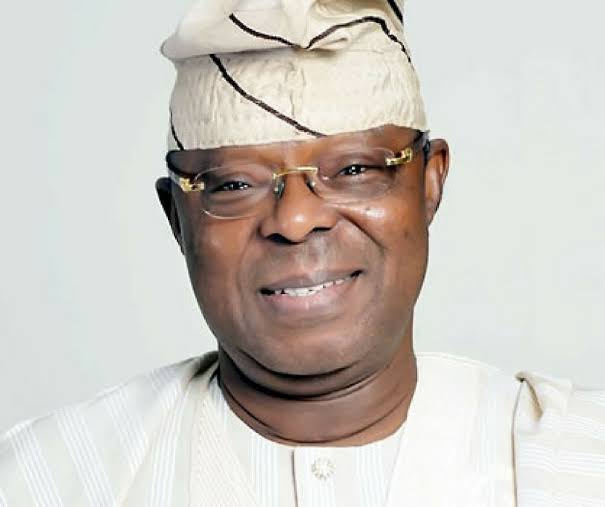...To get all news updates, Join our WhatsApp Group (Click Here)
Also Join our WhatsApp Channel (Click Here)
The quartet of Mike Adenuga, Femi Otedola, Oye Hassan-Odukale and late Aare Arisekola Alao are reportedly joining forces to fight off Oba Otudeko from reclaiming control of the First bank holding company following his declaration of a 13.3% stake in the bank.
The Street Journal had reported that Otudeko is stealthily plotting his way back into the First Bank Group and by extension, FBN Holdings were he was erstwhile chairman.
This he is doing by buying up shares through proxies.
He recently purchased 4.5 billion units of FBN Holdings shares which was sold on the floor of the Nigerian Exchange on Thursday 6th of July using a front named Barbican Capital Ltd.
The shares were sold through 26 proxy shareholders which sources say are related to Otudeko.
These quartet alongside other shareholders are said to be concerned about the consequences of having Otedeko back in control of the bank in any capacity, following the debacle he had with the Central Bank of Nigeria, CBN, two years ago where he was removed as a director of First Bank of Nigeria Limited, alongside the bank chairman, Ibukun Awosika as well as other directors over what it termed the directors refusal to submit to regulatory authority, corporate governance breach and taking actions that compromised the health of the bank.
A source revealed that a meeting was held earlier on Friday by some of the shareholders to decide on how to take on Otudeko, as they fear his return might damage the progress made by the bank over the last two years.
The shareholders also believe they have enough votes in the bag to stall any possible return of Otudeko despite his declaration of a 13.3% stake in the bank.
They are also thought to be exploring other possible regulatory breaches around the failed declaration of the holdings by Otudeko as required by NGX and SEC regulations.
Shareholders who own more than 5% of quoted companies are deemed significant shareholders and are expected to declare the holdings in public.
Before now, only businessman investor, Otedola had declared about 5%.
Otedola alone cannot successfully edge out Otudeko as he needs the support of Mike Adenuga, Oye Hassan-Odukale and late Arisekola Alao.
They are the ones currently in control of the bank as they collectively own over 27% shares in the group.
Similarly, the CBN is said to be watching proceedings with keen interest being that the Apex bank initiated his ouster. It is however unclear if they will be as resolute as they were under embattled Godwin Emefiele’s leadership which was known to be strongly against the bank returning to Otudeko.
Industry experts are of the opinion that Otudeko may be in a better position than he was two years ago as the Honeywell deal with Flourmills has helped him repay most of the loans putting him in a financial position to fight back.
But one cannot however dismiss his legal battles with Ecobank over an unpaid debt of N4.1 billion which has dragged on for years.
Source: The Street Journal
You can get every of our news as soon as they drop on WhatsApp ...To get all news updates, Join our WhatsApp Group (Click Here)
Also Join our WhatsApp Channel (Click Here)

















